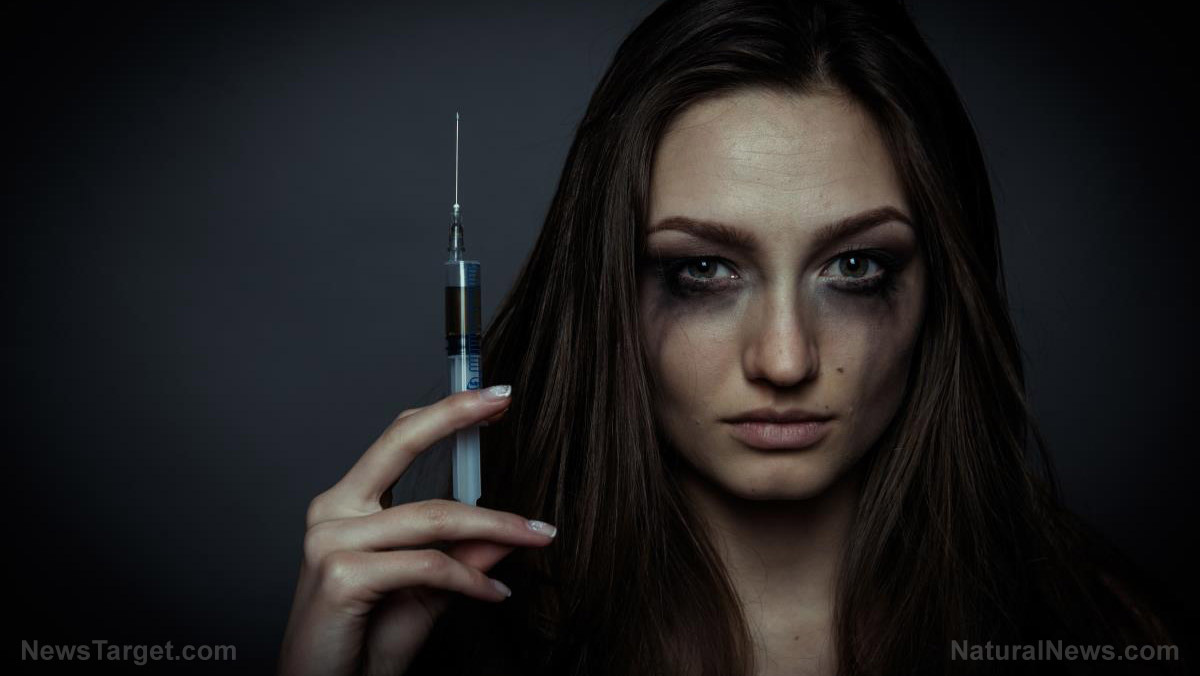
In the study, a team of European researchers looked at the effect of alcohol consumption in 2,197 individuals who experience migraines. The participants were initially enrolled in the Leiden University Migraine Neuro-Analysis (LUMINA) study. The European research team assessed the participants' alcoholic beverage consumption and self-reported trigger potential, their reasons behind alcohol abstinence, and time between alcohol intake and migraine onset.
The results showed that 35.6 percent of the participants reported alcohol as a trigger for a migraine attack. Moreover, more than 25 percent of the participants who abstained from drinking alcohol or those who never drank alcoholic beverages did so because they believed alcohol may cause migraines.
In addition, the team found that red wine, in particular, would most likely trigger an attack among the alcoholic beverages studied. However, red wine consistently caused a migraine attack in only 8.8 percent of the participants. They also discovered that the interval between alcohol consumption and migraine onset is short, meaning an attack quickly comes after alcohol intake. They found that a migraine attack occurs less than three hours after consuming alcohol in one-third of the participants. Nearly 90 percent of the participants had an onset in less than 10 hours, regardless of the type of alcoholic drink they consumed.
"Alcohol-triggered migraine occurs rapidly after intake of alcoholic beverages, suggesting a different mechanism than a normal hangover," said Dr. Gisela Terwindt of the Leiden University Medical Center in the Netherlands and senior author of the study.
Other potential migraine triggers
Here are some of the most common migraine triggers and how to deal with them:
- Stress: Stress is a trigger for nearly 70 percent of people who experience migraine. To reduce stress, determine what causes it, and then work on how you can deal with the causes better. You can also try relaxation therapy, meditation, and exercise to manage your stress levels.
- Lack of sleep: Having a good night's sleep is important because it renews and repairs all parts of the body, including the brain. Therefore, when you don't get enough sleep or you don't have a regular sleep schedule, you are more likely to experience migraine attacks. To address this, try to have a sleep schedule and aim at least seven to eight hours of sleep each night. Avoid doing things that will make it difficult for you to fall asleep at night, such as texting, reading, or watching TV while in bed, and napping during the day.
- Hormones: Many women experience migraine attacks typically around the time of their menstrual period because of the change in estrogen and progesterone levels. (Related: Why are women more susceptible to migraines?)
- Weather changes: Extreme weather changes, such as storms, excessive heat, and changes in barometric pressure, can cause a migraine attack. High humidity and heat can also result in dehydration, which is another common trigger.
- Dehydration: Almost one-third of people with migraine say that dehydration is a trigger. It affects the body on all levels and can cause dizziness and confusion. It can also become a medical emergency. Prevent being dehydrated by drinking enough water and limiting your intake of diuretics.
- Diet: There are certain foods that trigger migraines, such as processed foods, dairy products, caffeine, cured meats, those with artificial sweeteners like aspartame, and anything with a strong smell. Avoid these foods to prevent migraines.
- Drugs: The drug you are taking for migraine relief may also be the reason why your head hurts. This is especially evident when you are overusing it.
Read more news stories and studies on the causes of migraine by going to Brain.news.
Sources include:
Please contact us for more information.























